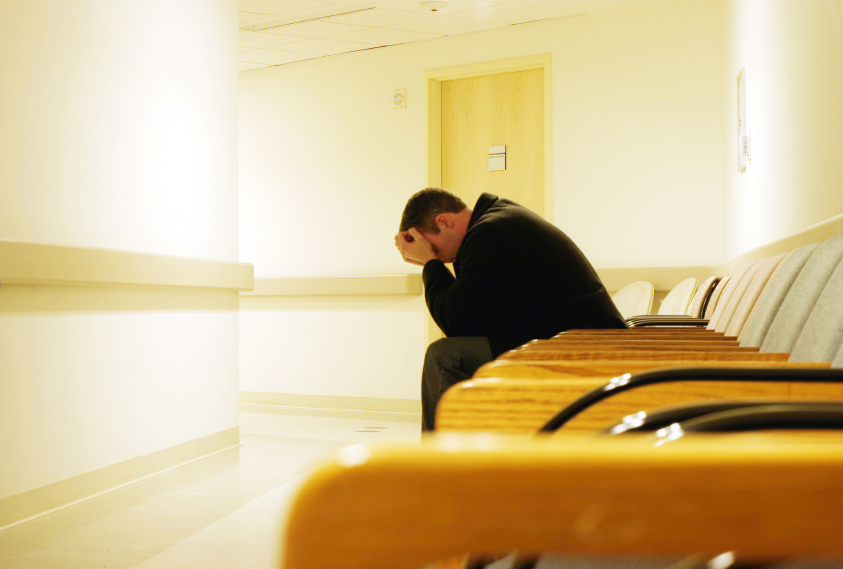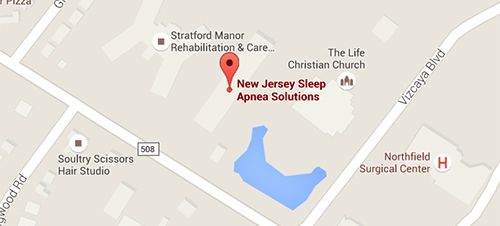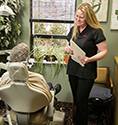The Long-Term Effects of Sleep Apnea
Submitted by New Jersey Snoring Solutions on Thu 12/24/2015 - 09:00

Your sleep apnea is not only preventing you (and possibly your family) from getting a good night’s rest — it is also putting you at risk of serious health complications. In this blog post, Dr. Ivan Stein and the team at New Jersey Sleep Apnea Solutions explain these risks and what you can do to lower them.
Anxiety and Depression
Disordered sleep patterns deeply affect a person physically, mentally and emotionally. Research has shown a link between obstructive sleep apnea and depression and anxiety. One study from a Stanford researcher found that people with depression were five times more likely to suffer from sleep apnea. Other research suggests that the frequency of anxiety is higher in people with sleep apnea than in the general population.
Poor Performance at Work or School
In an environment like the workplace or school, it is essential to be able to think and process information as acutely as possible. Not getting quality sleep may hamper academic and professional performance. Without the proper rest, the brain is less alert and may experience problems with memory and other cognitive functions.
Obesity
Having sleep apnea makes it more difficult to lose weight. One of the reasons for this is that it increases the body’s production of the hunger hormone (ghrelin), which raises cravings for unhealthy foods. Also, being chronically tired makes it harder for the body to turn food into energy, thus leading to weight gain.
Accidents on the Job or the Road
Excessive daytime drowsiness is a contributing factor in many motor vehicle accidents. The National Highway Traffic Safety Administration attributes at least 100,000 car accidents per year to drowsy driving. Industrial workers that are sleep-deprived can also be clumsier on the job, which can cause serious workplace accidents.
Heightened Risk of Heart Disease, Stroke and Diabetes
Untreated obstructive sleep apnea heightens the risk of serious, life-threatening health conditions. Individuals with obstructive sleep apnea are more likely to have heart attacks, stroke, high blood pressure and diabetes. Studies have also shown that the mortality rate is four times higher amongst sleep apnea patients than it is with patients that do not have sleep apnea.
Get Tested and Treated Today
If you feel very tired and drowsy during the day — or your family has pointed out that you snore, gasp or choke at night — it is time to get tested for sleep apnea. If you receive confirmation of diagnosis, the next step is to contact our team at New Jersey Sleep Apnea Solutions. We can help formulate a plan of treatment and put you on the path to better health and happiness. Call us at (855) WHY-SNORE or (855) 949-7667.







